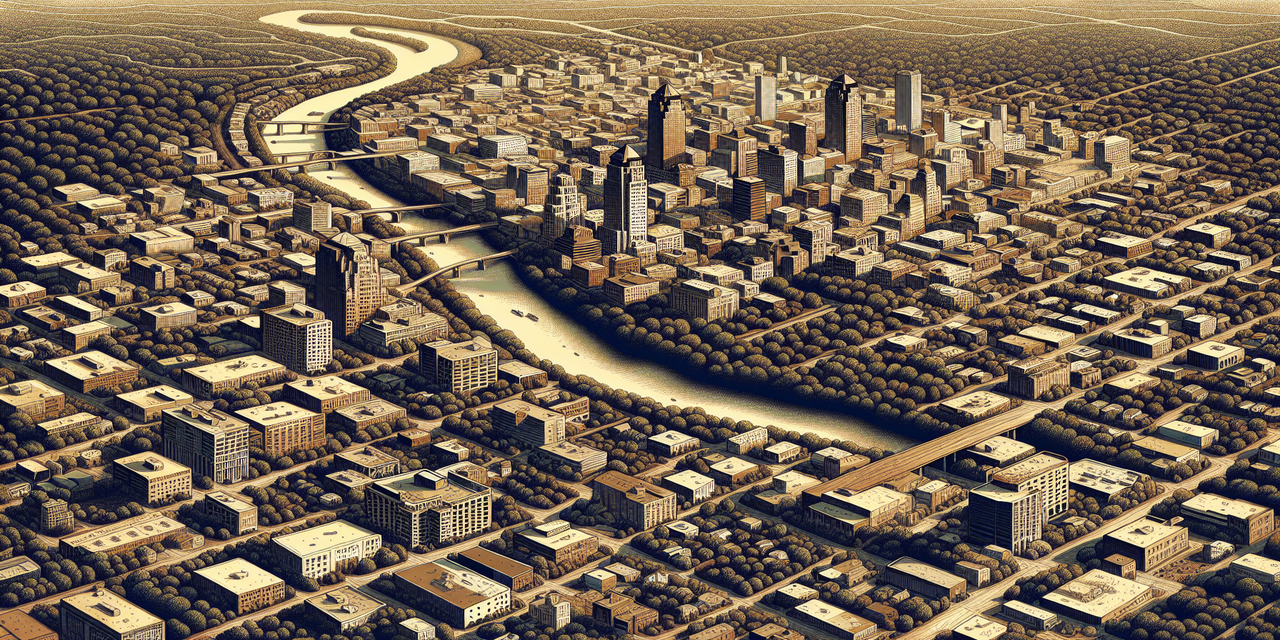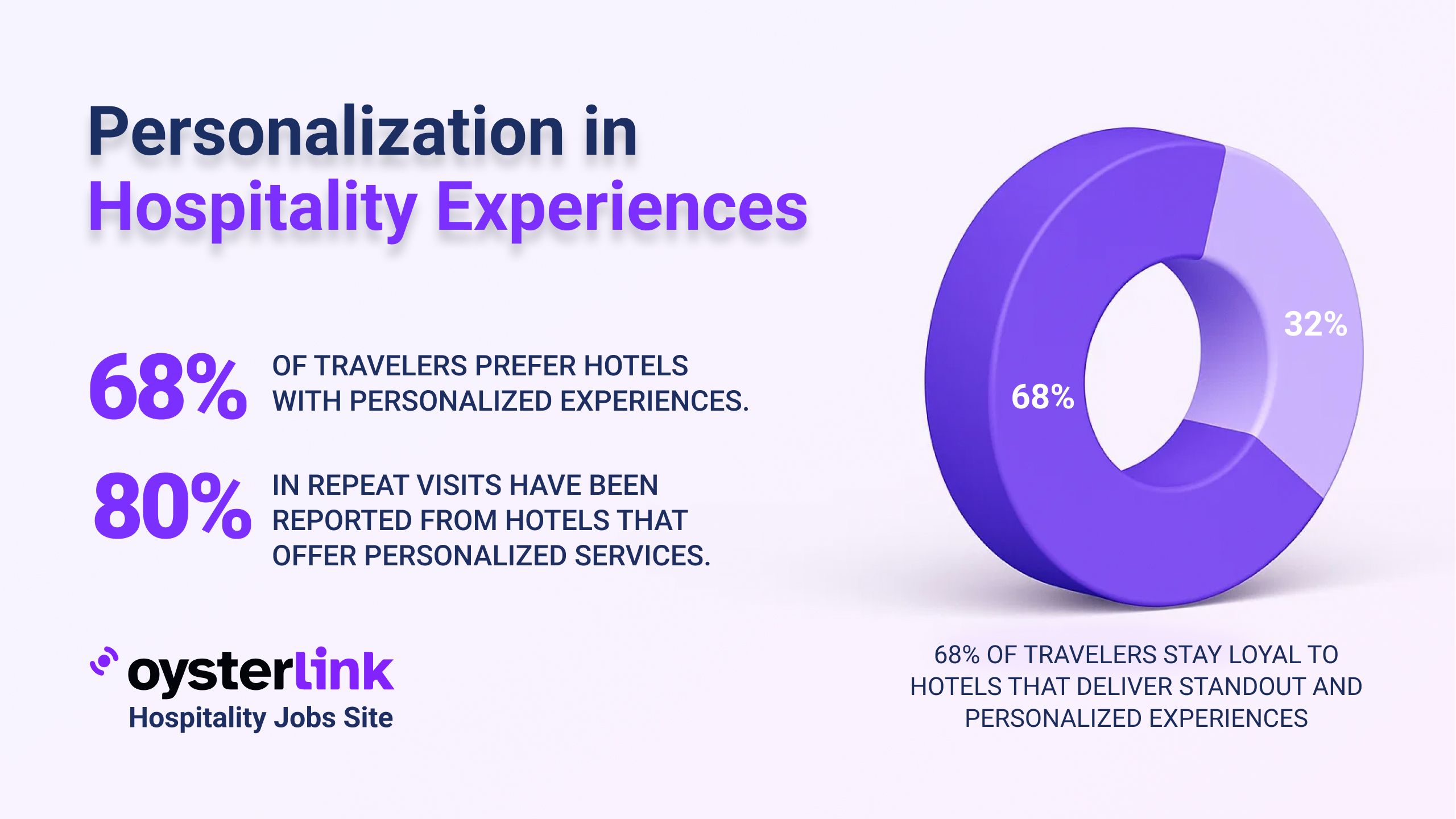Des Moines, Iowa Cost of Living: Quick Takeaways
- Housing Costs:Rent for a one-bedroom apartment in Des Moines has risen steadily to about $1,050 in 2025.
- Transportation Expenses:Public transit fares remain affordable with monthly passes costing $48, and fuel prices at $3.00 per gallon.
- Healthcare Costs:Monthly employer sponsored health insurance averages $150, which is below the national average.
- Income Levels:The median household income is expected to reach $67,000 in 2025, keeping pace with rising costs.
Des Moines offers a balanced cost of living with housing and everyday expenses below national averages, making it an attractive place to live.
This article provides a detailed breakdown of the key expenses impacting residents of Des Moines, Iowa in 2025.
1. Housing Costs in Des Moines, Iowa
Housing costs in Des Moines have risen consistently over the past 15 years, reflecting increased demand and economic growth.
- 2010:Average rent for a one-bedroom apartment was about $700.
- 2015:Rent increased to approximately $800.
- 2020:Further rise to around $900.
- 2024:Rent reached $1,000.
- 2025:Projected average rent is $1,050.
This demonstrates a steady increase in rental costs in the city, though still relatively affordable compared to national averages.
Understanding housing costs can help landlords and property managers set competitive rental prices aligned with market trends. For more insight, see our hospitality real estate market trends.
2. Homeownership and Real Estate Trends in Des Moines, Iowa
For those looking to buy, median home prices have similarly appreciated over time:
- 2010:Median home price was around $120,000.
- 2015:Increased to about $150,000.
- 2020:Reached approximately $180,000.
- 2024:Median price climbed to $220,000.
- 2025:Estimated to be $230,000.
These trends indicate a solid real estate market with gradual price growth, making homeownership a feasible option for many.
3. Transportation Expenses in Des Moines, Iowa
Transportation costs include public transit, fuel and vehicle maintenance:
- Public Transit:One-way fare costs $1.75 with a monthly pass at $48.
- Fuel Cost:Average price per gallon is $3.00.
- Vehicle Maintenance:Annual average expenses are about $1,000.
These costs are generally below national averages, contributing to cost savings for residents.
4. Utility Costs in Des Moines, Iowa
Utilities such as electricity and internet are crucial components of monthly expenses:
- Electricity:Average monthly bill is $120.
- Internet:Monthly costs average $60.
- Total Utilities:Around $180 per month overall.
These utility prices are slightly below the US national average, helping to keep living costs manageable.
5. Grocery and Food Expenses in Des Moines, Iowa
Grocery costs for a single person average $250 per month, which aligns closely with national benchmarks.
Dining out is affordable with casual meals around $12 and mid-range restaurant meals at $40.
Restaurant owners should note these pricing benchmarks when setting menu prices to remain competitive in the Des Moines market. Learn more about restaurant consumer trends to tailor your offerings effectively.
6. Healthcare Costs in Des Moines, Iowa
Healthcare expenses include employer sponsored insurance and private plans:
- Employer Sponsored Insurance:Monthly cost averages $150.
- Silver Plan Premium:Approximately $500 per month.
This makes healthcare in Des Moines comparatively more affordable than many parts of the country.
7. Educational Expenses in Des Moines, Iowa
Educational costs vary widely by institution type:
- Public Schools:No direct cost for residents.
- Private School Tuition:Average is $10,000 annually.
- In-State University:Tuition averages $8,000 per year.
Families have access to a range of options, with public education being a cost-efficient choice.
8. Entertainment and Leisure in Des Moines, Iowa
Leisure activities contribute to quality of life and vary in cost:
- Movie Tickets:Cost about $10 each.
- Gym Memberships:Average monthly fee is $40.
- Mid-Range Restaurant Meals:Typically $40 per meal.
Annual entertainment spending tends to be around $2,000 with personal care services about $600 per year.
9. Taxes and Miscellaneous Fees in Des Moines, Iowa
Taxes affecting residents include income, sales and property taxes:
- State Income Tax:Ranges from 0.33% to 8.53% based on income levels.
- Sales Tax:General rate is 6% in the city.
- Property Tax:Average rate is 1.5% of assessed value.
Understanding these helps with comprehensive budgeting for living in Des Moines.
10. Childcare and Family Expenses in Des Moines, Iowa
Families should consider expenses related to childcare and extracurricular activities:
- Daycare Services:Monthly cost around $900.
- After School Programs:Approximately $300 monthly.
- Extracurricular Activities:Estimated $100 per month.
These expenses are important for budgeting young family needs effectively.
11. Clothing and Personal Care in Des Moines, Iowa
Personal expenses for clothing and care are reasonable:
- Clothing:Average monthly spending is $100.
- Personal Care:Monthly costs are about $50, covering essentials and grooming.
This helps residents maintain their lifestyle without excessive expenditure.
12. Insurance Costs in Des Moines, Iowa
Insurance is a critical part of living expenses:
- Health Insurance:Monthly premiums average $500 for a Silver plan.
- Auto Insurance:Annual cost is about $1,200.
- Homeowners Insurance:Costs average $1,000 annually.
- Renters Insurance:Average $200 annually.
These premiums are generally competitive and reflect regional risk factors.
13. Miscellaneous Expenses in Des Moines, Iowa
Additional costs cover entertainment, personal care services and other goods:
- Entertainment:Residents spend around $2,000 annually.
- Personal Care Services:Approximately $600 per year.
- Miscellaneous Goods and Services:About $500 annually.
These expenses vary but add to the overall cost of living consideration.
14. Income and Salaries in Des Moines, Iowa
Median household income has gradually increased over the years:
- 2010:Median income was about $50,000.
- 2015:Increased to $55,000.
- 2020:Grew to $60,000.
- 2023:Reached around $65,000.
- 2025:Projected median income is $67,000.
This steady growth helps balance rising living expenses.
For hospitality employers in Des Moines, knowing local salary trends is vital to attract and retain talent. Explore our hospitality wages 2025 spotlight for detailed insights on pay scales.
15. Comparison with National Averages
Des Moines remains an affordable city compared to national costs:
- Overall Cost of Living:About 5% below the national average.
- Housing:Approximately 10% less expensive than the US average.
- Utilities:About 5% lower than national figures.
- Food:Grocery costs are roughly 3% below US averages.
- Healthcare:Costs are 4% lower than national averages.
- Transportation:About 2% less expensive.
- Goods and Services:Approximately 3% below national prices.
These factors make Des Moines a cost-efficient place to live and work.
Our Methodology for Des Moines Cost of Living Figures
Our data is compiled from reliable sources including government reports, major data aggregators like Numbeo and the Bureau of Labor Statistics, as well as local real estate listings and insurance data. Where exact data points are unavailable, well-informed estimates were made to provide a comprehensive overview.
Des Moines Cost of Living: Conclusion
Des Moines offers an affordable and balanced cost of living with housing, utilities and transportation expenses generally under the national average.
The steady increase in household income aligns with rising costs, making it a practical choice for individuals and families alike.
Understanding these detailed cost components can help residents plan effectively and newcomers evaluate Des Moines as a potential home.
For hospitality businesses planning to expand or hire in the area, consider our guide on how to hire restaurant staff fast to streamline your recruitment in this growing market.



.jpg)

.jpg)